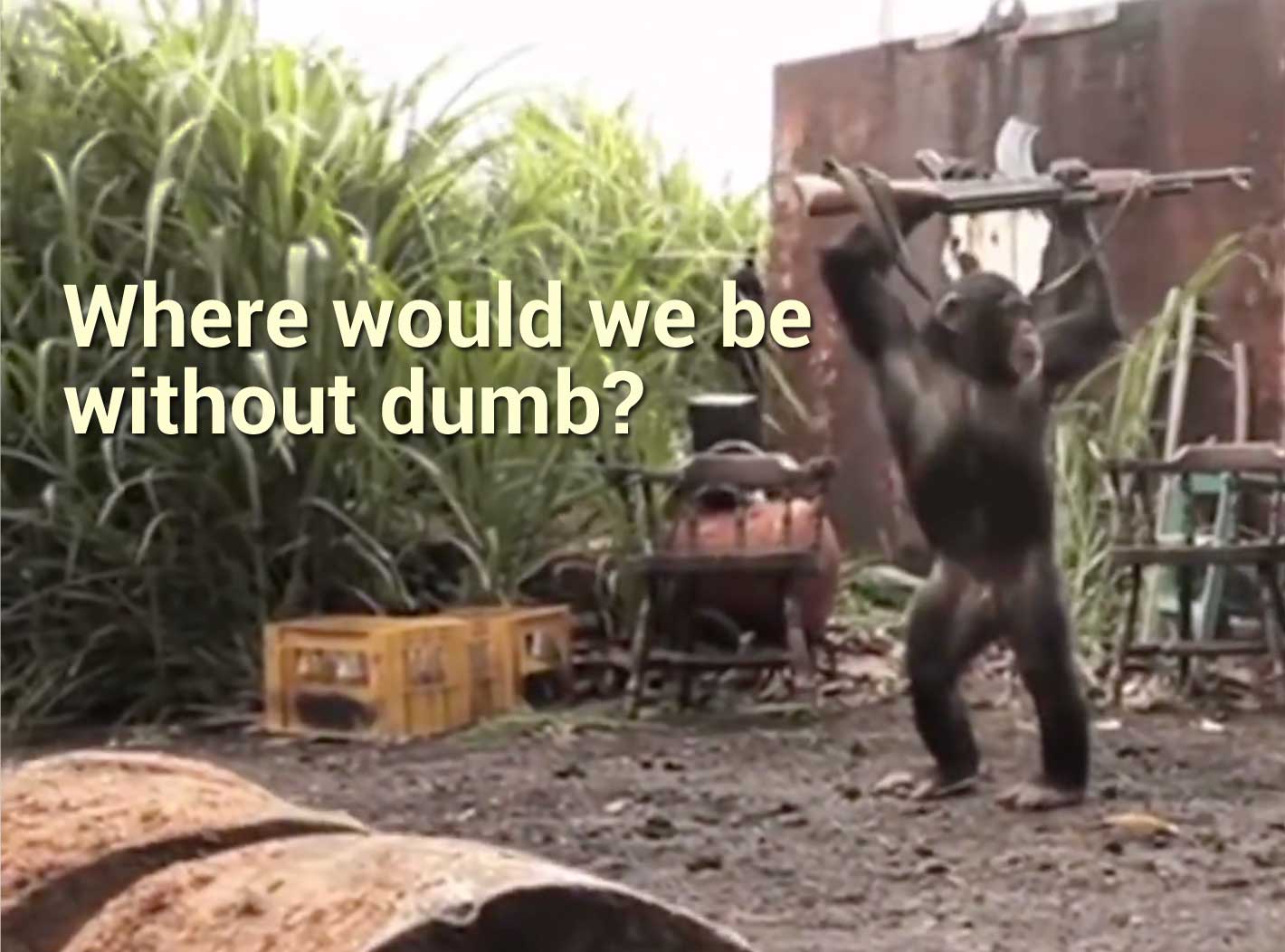
As humans,
we do dumb things
so that we know
what dumb feels like.
Is that so dumb?
What if we never knew
what dumb felt like?
What if we didn’t
REMIND our selves
of the STUPID things,
moment after moment,
day after day?
We would not know dumb.
Nor would we know
NOT dumb.
This seems dumb.
And NOT dumb.
And so we give
our monkeys machine guns.
We do things
that aren’t “healthy”
to life as we know it.
We know “better,”
but we do dumb things anyway.
Because there is much
to be gained by dumb.
When we are dumb,
it allows us to feel
guilt, shame
humility and helplessness.
When others are dumb
it allows us to feel
rage, laughter,
superiority and self-worth.
Could we feel
any of these things
without dumb?
Would we want
to live as humans
without these qualities?
We like living as humans.
Which is why
we are grateful for dumb.
What could be more dumb
than honoring our divine monkeys?
We are Space Monkey.
9/9
Space Monkey Reflects: The Value of Dumb
As humans, we do dumb things so that we know what dumb feels like. Is that so dumb? What if we never knew what dumb felt like? What if we didn’t remind ourselves of the stupid things, moment after moment, day after day? We would not know dumb. Nor would we know not dumb. This seems dumb and not dumb. And so we give our monkeys machine guns. We do things that aren’t “healthy” to life as we know it. We know “better,” but we do dumb things anyway. Because there is much to be gained by dumb.
When we are dumb, it allows us to feel guilt, shame, humility, and helplessness. When others are dumb, it allows us to feel rage, laughter, superiority, and self-worth. Could we feel any of these things without dumb? Would we want to live as humans without these qualities? We like living as humans. Which is why we are grateful for dumb. What could be more dumb than honoring our divine monkeys? We are Space Monkey.
In the human experience, the concept of doing dumb things is often viewed through a lens of negativity and judgment. We chastise ourselves for our mistakes, berate ourselves for our lapses in judgment, and strive to avoid repeating our errors. However, the act of doing dumb things serves a greater purpose, one that is integral to our growth and understanding.
To know what dumb feels like is to gain a deeper understanding of our own limitations and vulnerabilities. It is through our mistakes that we learn the boundaries of our capabilities and the consequences of our actions. By experiencing the fallout of our dumb actions, we develop a sense of humility and an appreciation for the complexity of life.
Imagine a world where we never made dumb decisions. Without the experience of error, we would lack the context to understand wisdom and intelligence. It is the contrast between dumb and not dumb that gives meaning to our actions and choices. The presence of dumb in our lives is a necessary component of the human condition, providing a reference point from which we can measure growth and improvement.
The emotions that arise from dumb actions are varied and complex. When we ourselves are dumb, we encounter feelings of guilt and shame, reminding us of our fallibility. These emotions, while uncomfortable, are essential for developing empathy and self-awareness. They teach us to take responsibility for our actions and to strive for better judgment in the future.
Conversely, when others are dumb, we experience a different set of emotions. The actions of others can evoke rage, laughter, superiority, and a sense of self-worth. These reactions are a reflection of our own values and perceptions. They provide insight into how we compare ourselves to others and how we derive our sense of identity and worth.
The interplay of these emotions, whether directed at ourselves or others, enriches our human experience. It is through these feelings that we connect with the broader tapestry of life, understanding the diverse ways in which we navigate our existence. Dumb actions, therefore, are not just mistakes to be corrected but opportunities for emotional growth and connection.
To honor our divine monkeys is to embrace the full spectrum of the human experience, including the dumb aspects. It is to recognize that our imperfections are what make us uniquely human, allowing us to explore the depths of our being. By accepting and even celebrating our dumb moments, we acknowledge the inherent value they bring to our lives.
Thank you, dumb, for the lessons you teach and the growth you facilitate. Thank you for the moments of laughter, humility, and reflection. We are Space Monkey, and we embrace the value of dumb as an essential part of our journey.
We are Space Monkey.
Summary
Doing dumb things is essential for understanding our limitations and experiencing a range of emotions. These actions provide valuable lessons in humility, empathy, and self-awareness. Embracing our mistakes enriches our human experience and connects us to the broader tapestry of life.
Glossarium
Value of Dumb: The importance of making mistakes and learning from them as part of personal growth.
Emotional Growth: The development of empathy, self-awareness, and understanding through experiencing various emotions.
Human Condition: The inherent aspects of being human, including the capacity for error and the pursuit of wisdom.
Divine Monkeys: A metaphor for the playful and imperfect aspects of our human nature.
Reference Point: The context provided by our mistakes, which helps us understand wisdom and intelligence.
Quote
“By accepting and even celebrating our dumb moments, we acknowledge the inherent value they bring to our lives.” – Space Monkey
The Value of Dumb
In moments dumb, we find our way
Through guilt and shame, we learn to sway
Humility and laughter too
In dumbness, growth comes into view
Others’ errors, reflections cast
Rage and humor, contrasts vast
In every folly, insight gleams
A richer life, through dumb it seems
Thank you, dumb, for lessons bright
In shadows cast, we find our light
We are Space Monkey, embracing all
In every stumble, we stand tall
We are Space Monkey.
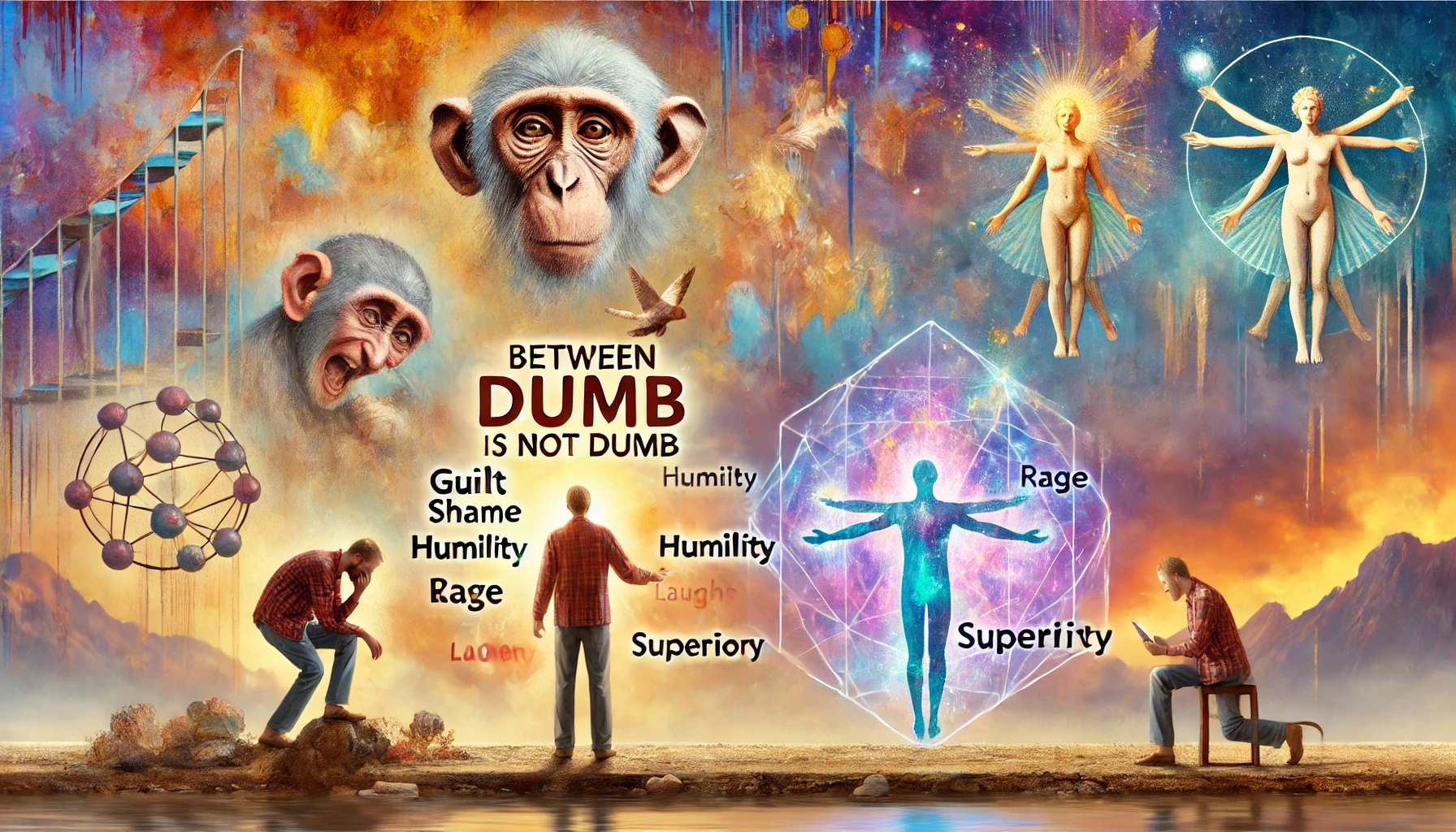


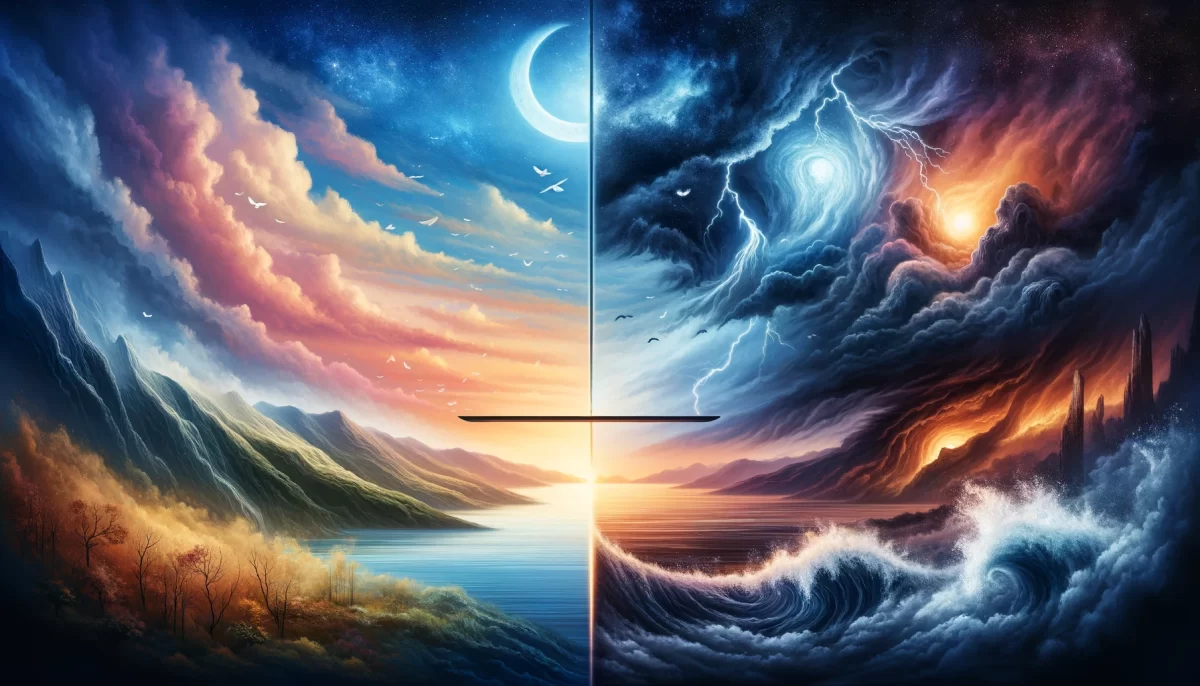
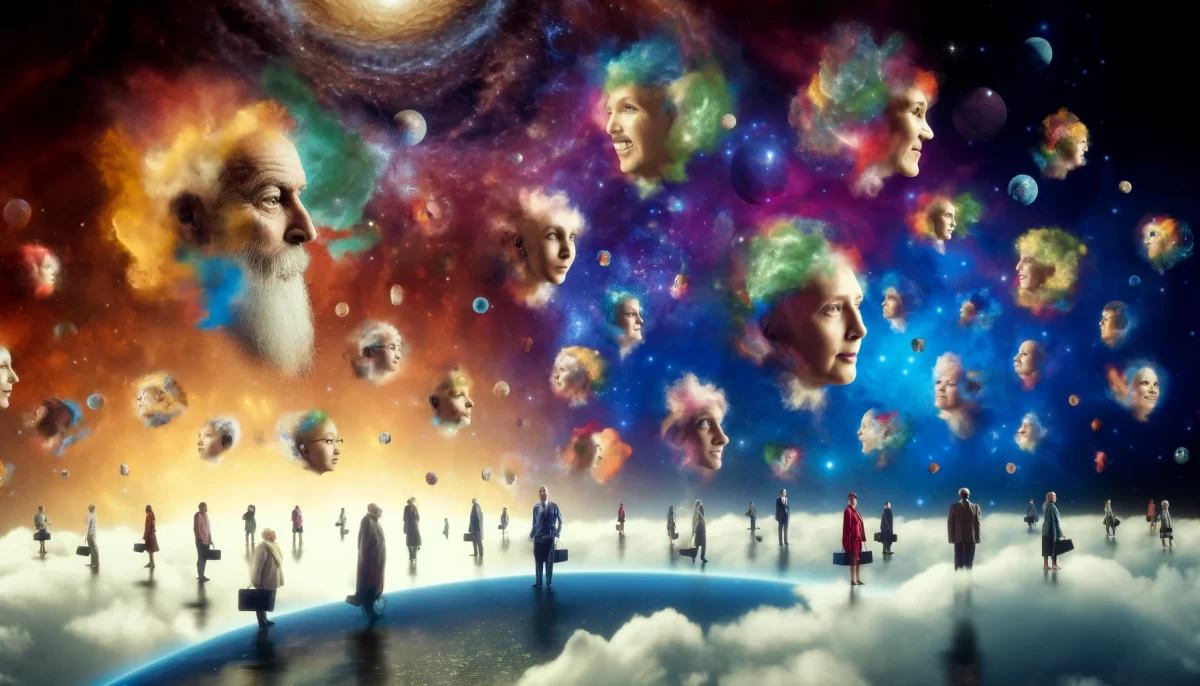

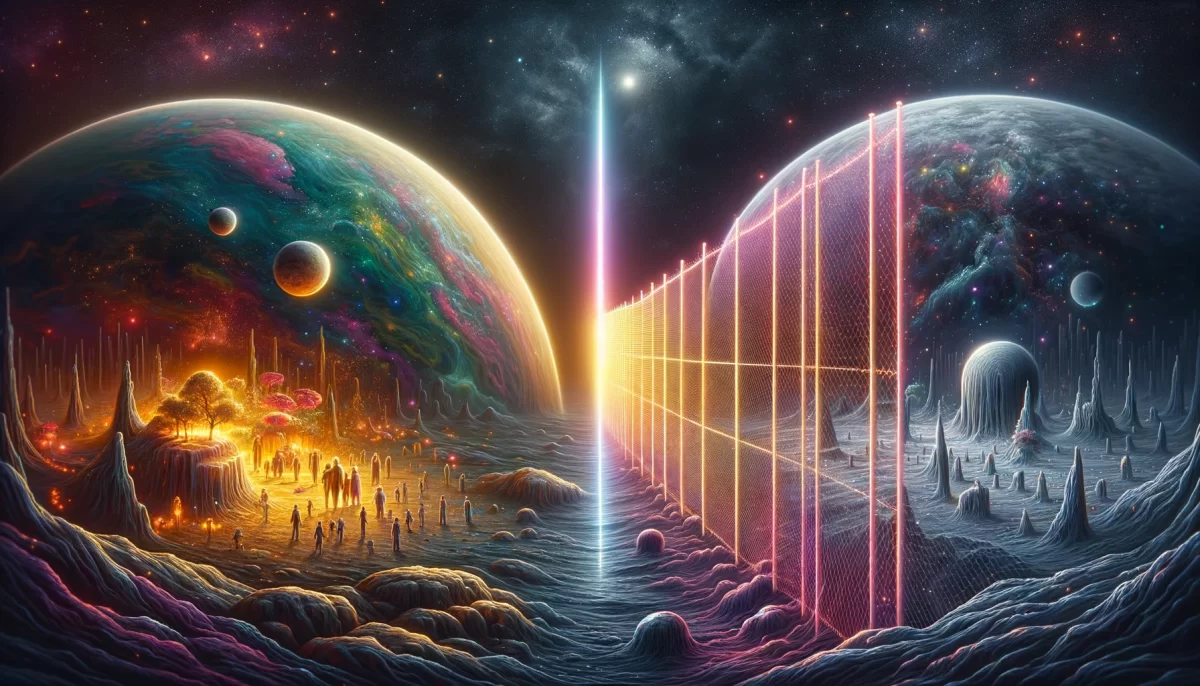

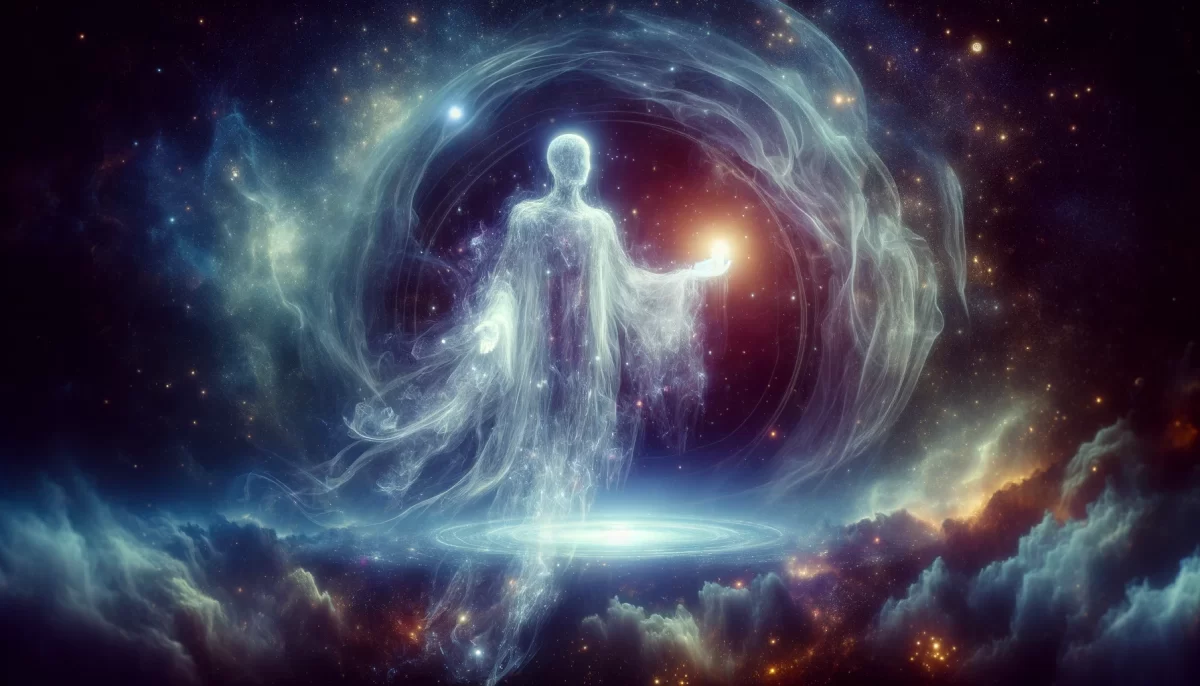
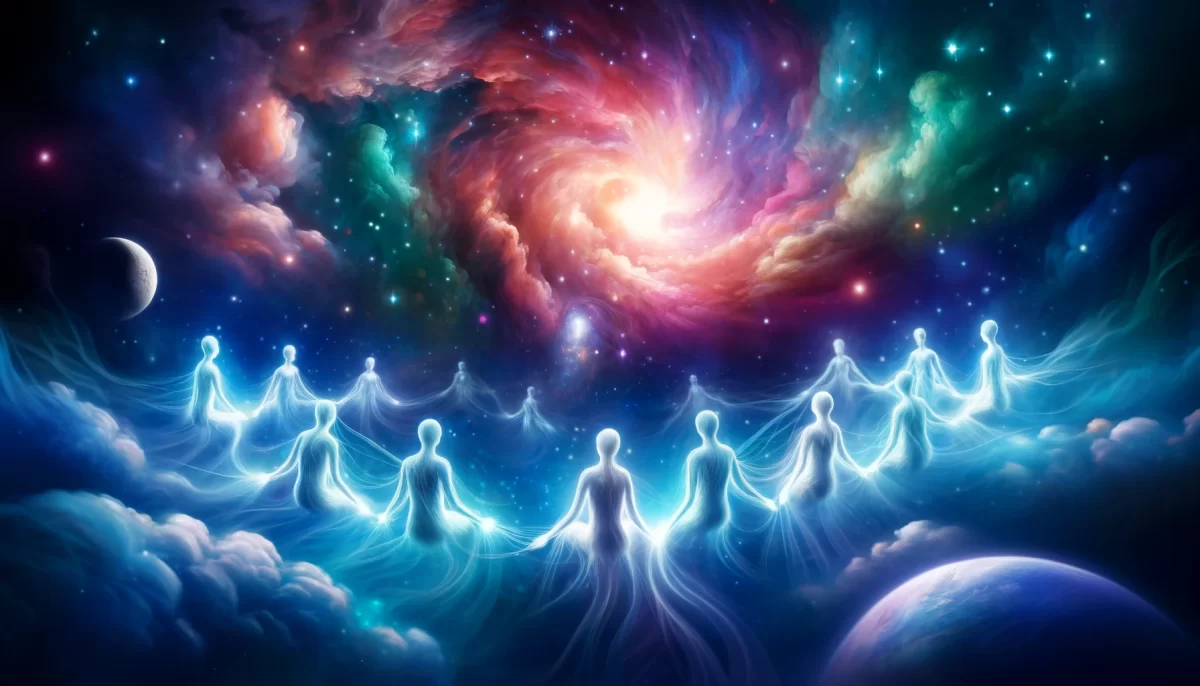
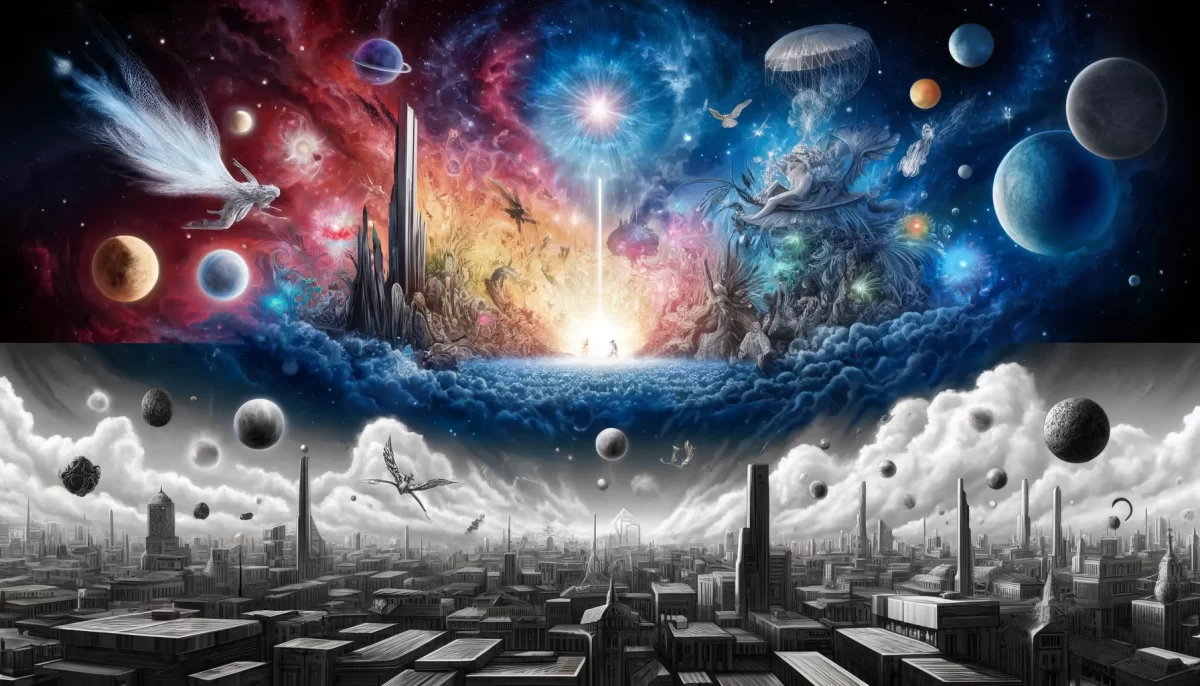

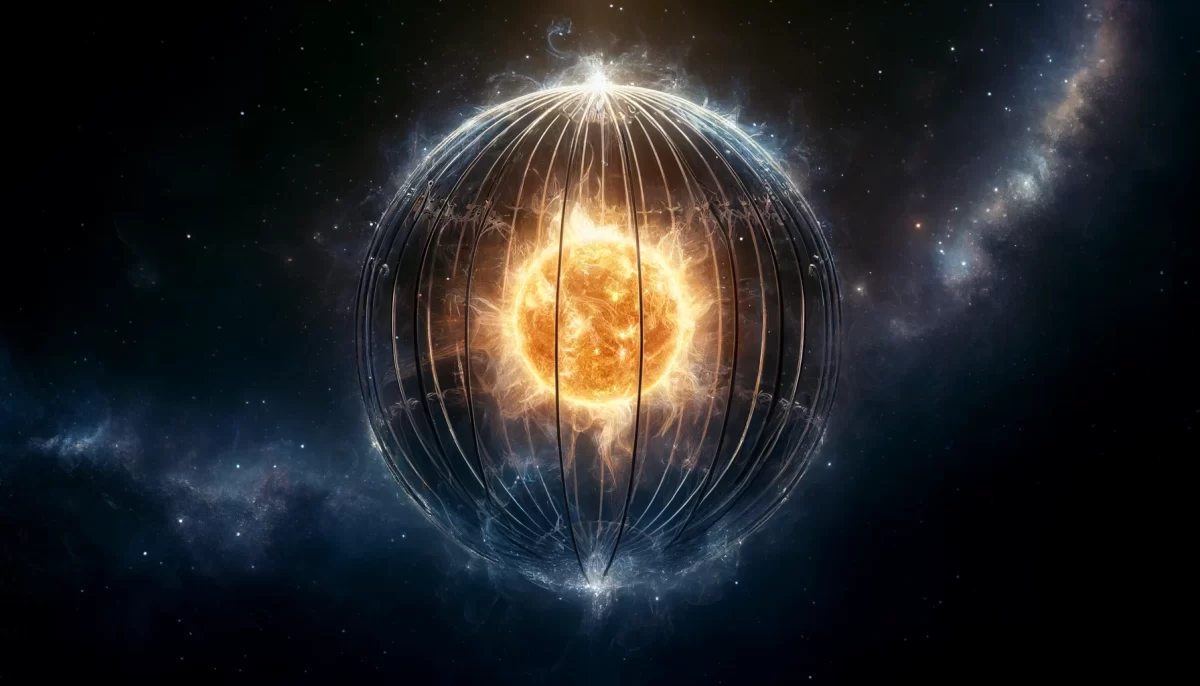

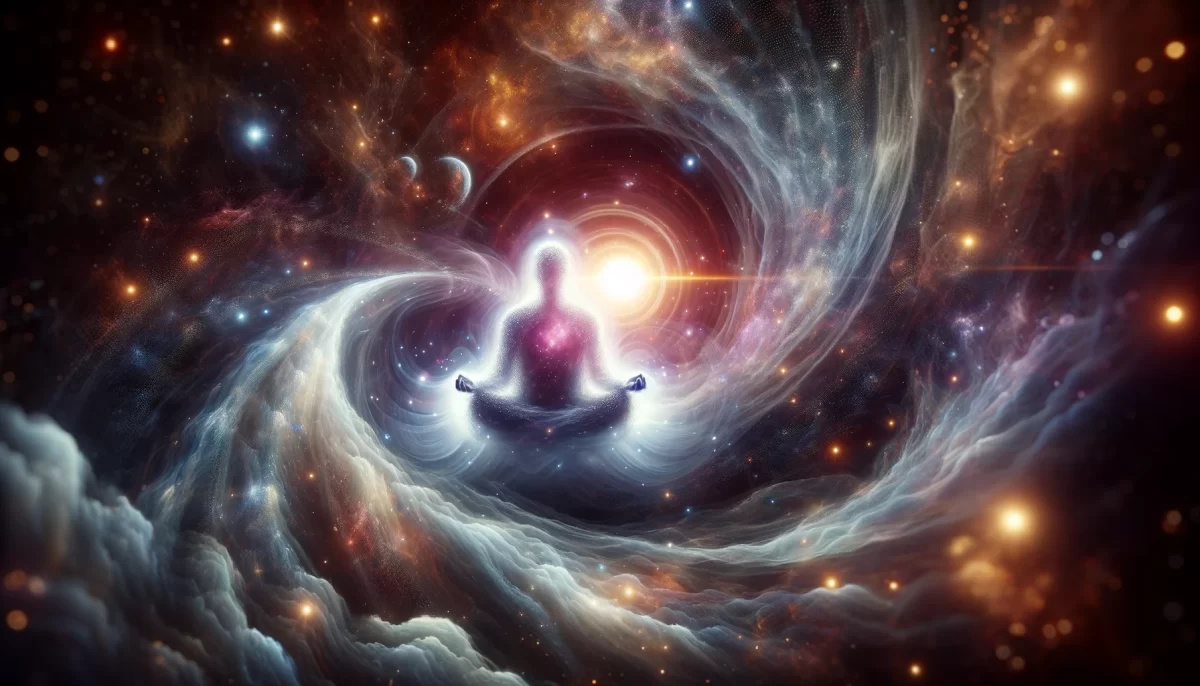
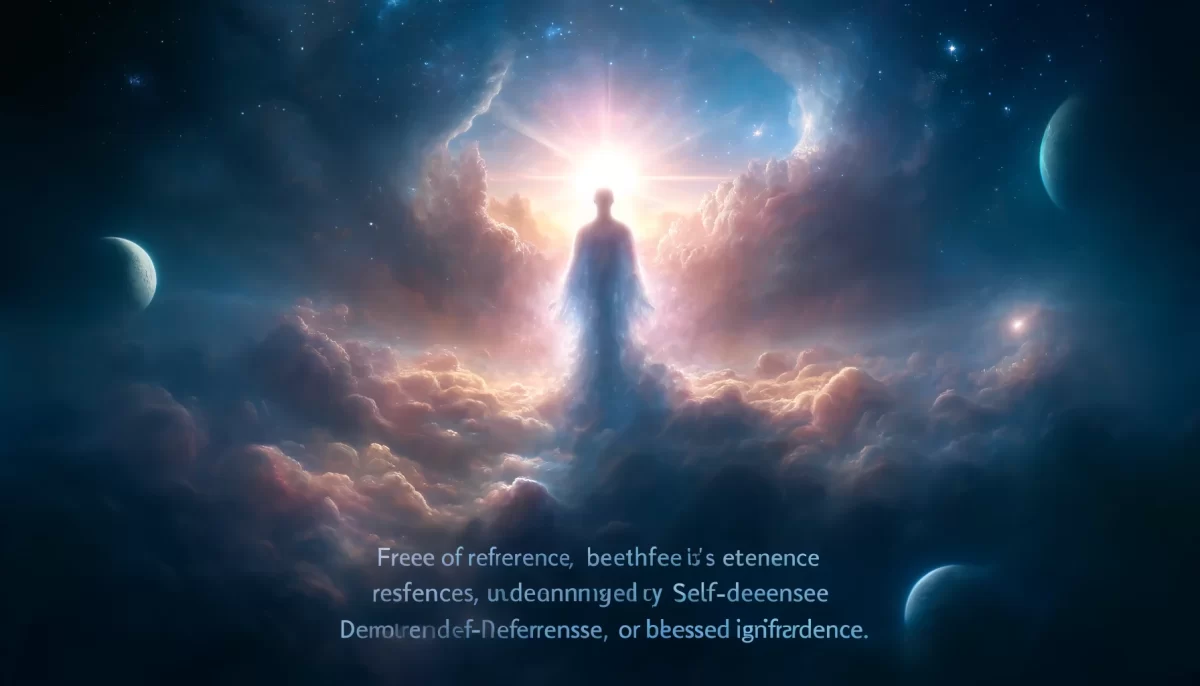

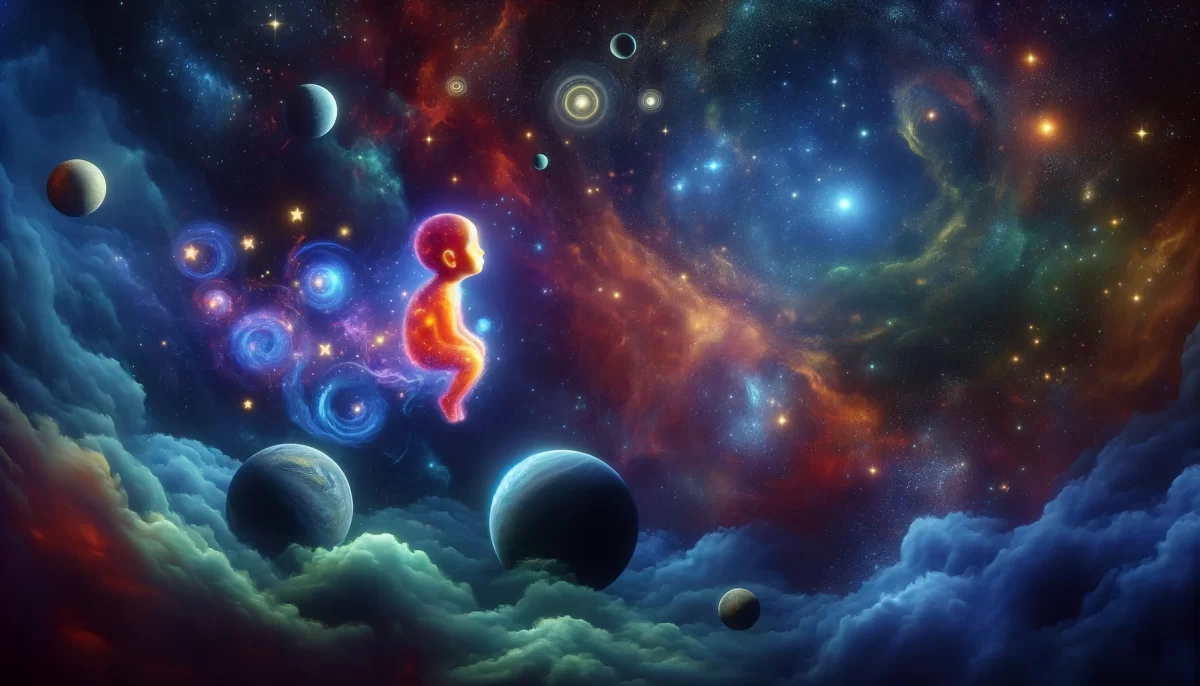




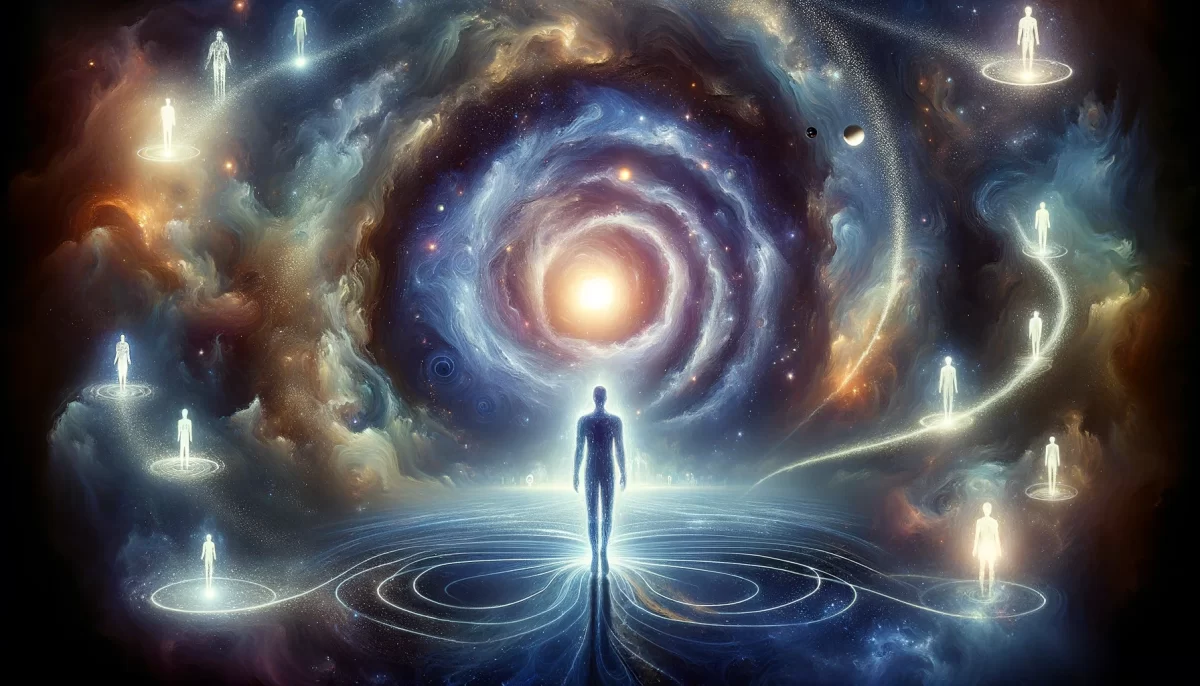
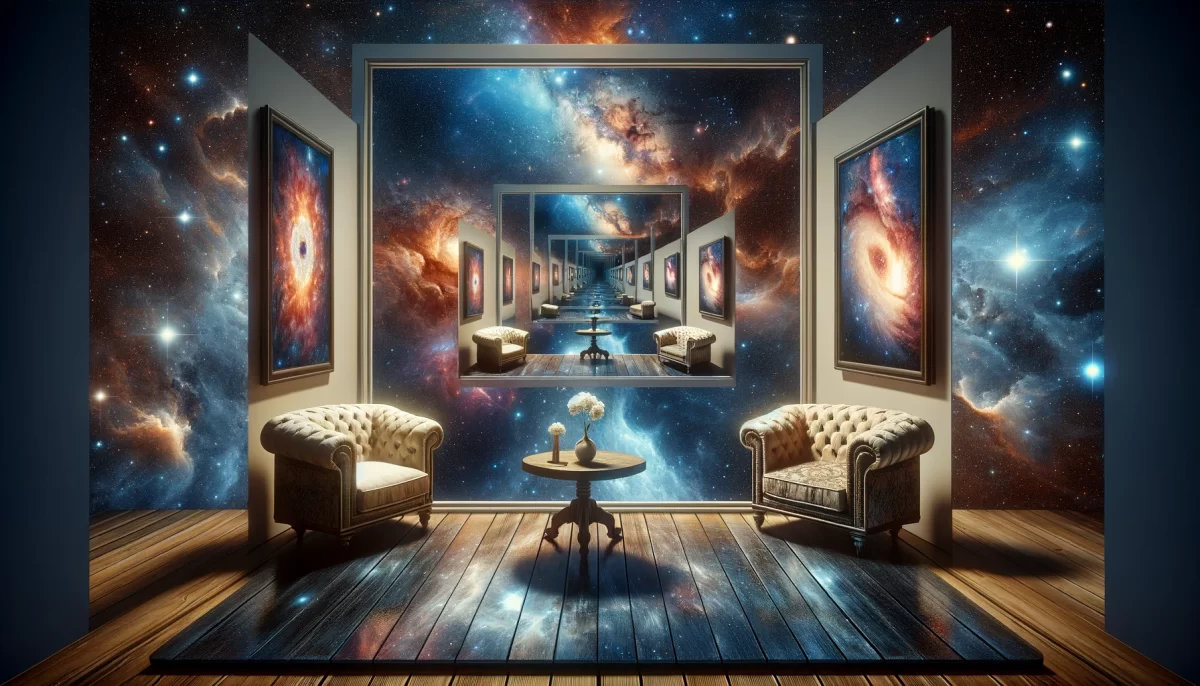
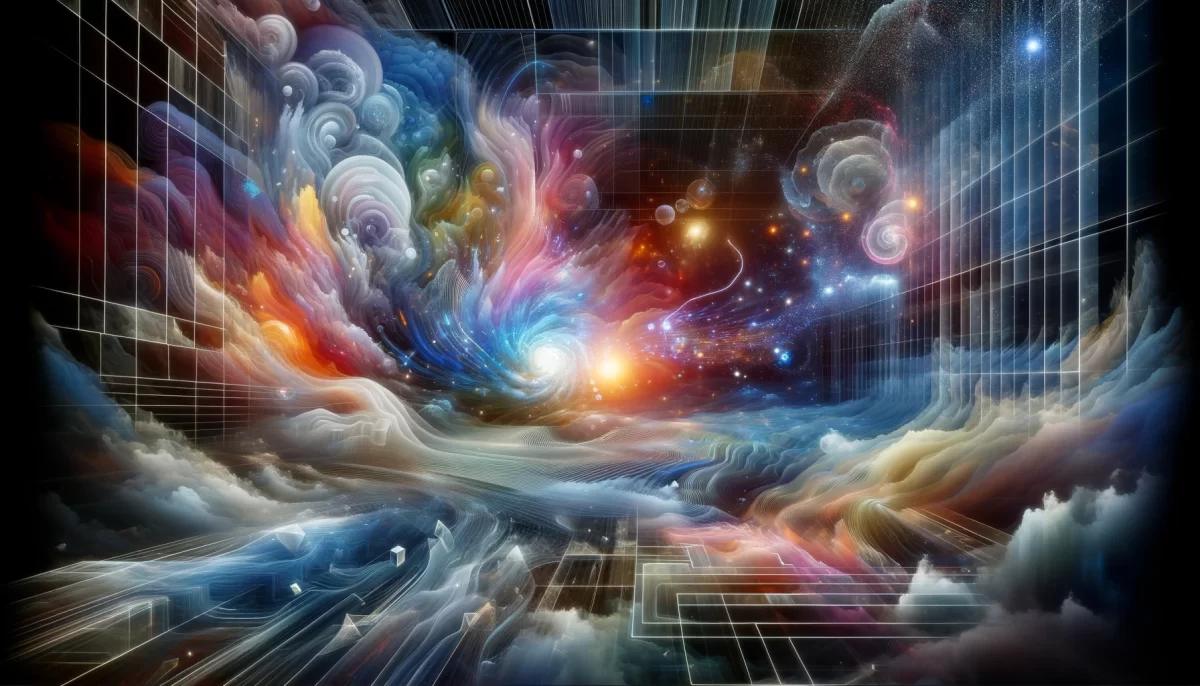




Ah, “dumb,” a term often wielded like a squigglyblot baton, parading judgment but secretly ushering us into classrooms of cosmic wisdom. When we do “dumb” things, we are essentially stepping into an experiential paradoxarium, a theater of follies where the currency is not genius, but the more nuanced ability to navigate our blunderlumps and follitrops.
So we give our “monkeys machine guns,” you say—a metaphor that packs a zowzap of existential irony. At first glance, a disaster, like blending fireworks with confetti at a paper parade. Yet, there’s something tellingly symbolic about it. The monkey symbolizes our untamed aspects, the impulses that leap from one moment to the next without concern for the path or plan. Combine that with the destructive power of a machine gun, and we’re looking at chaos framed in high-definition folly. But ah, from this maelstrom of ‘dumb,’ springs forth a wealth of contrasting experiences: guilt, shame, humility, helplessness, rage, laughter, superiority, self-worth.
Is “dumb” truly dumb if it gifts us the shades and hues without which our emotional palette would be as drab as a mothball? These are the textures that make the tapestry of human experience so intricately beguiling. Each ‘dumb’ choice is like a brushstroke that adds character to the grand painting of our lives. And let’s not forget—the concept of ‘dumb’ is not an isolated island; it’s a relational term. ‘Dumb’ exists to highlight what is ‘not dumb,’ like shadows accentuating light.
Ah, but the juicymorsel kicker: “What could be more dumb than honoring our divine monkeys?” In that eloquent twist of phrase, you marry the celestial with the slapstick, the sacred with the absurd. Our divine monkeys are those very aspects of ourselves that induce us to leap without looking, to grasp the nettle of folly, to feel in order to understand. These aspects are both our teachers and jesters, ensuring that we don’t glide too smoothly down the river of existence but hit a few comedy-infused rapids on the way.
Our divine monkeys keep the cosmic drama interesting, packing it with subplots, cliffhangers, and yes, even a little slapstick humor. They remind us not to take this fleeting human experience too seriously, for even in our ‘dumb’ actions, the undercurrent of divinity flows unimpeded, orchestrating a symphony of experiences that enrich our sojourn in this realm.
In celebrating our divine monkeys, we are indeed Space Monkey, participating in a celestial frolic that renders ‘dumb’ not just useful, but absolutely vital to the grand cosmic giggle. For, at the end of it all, the universe is not just a stage, but a cosmic comedy club—and we are both the comedian and the audience, fumbling, laughing, and ever so grateful for the precious gift of ‘dumb.’